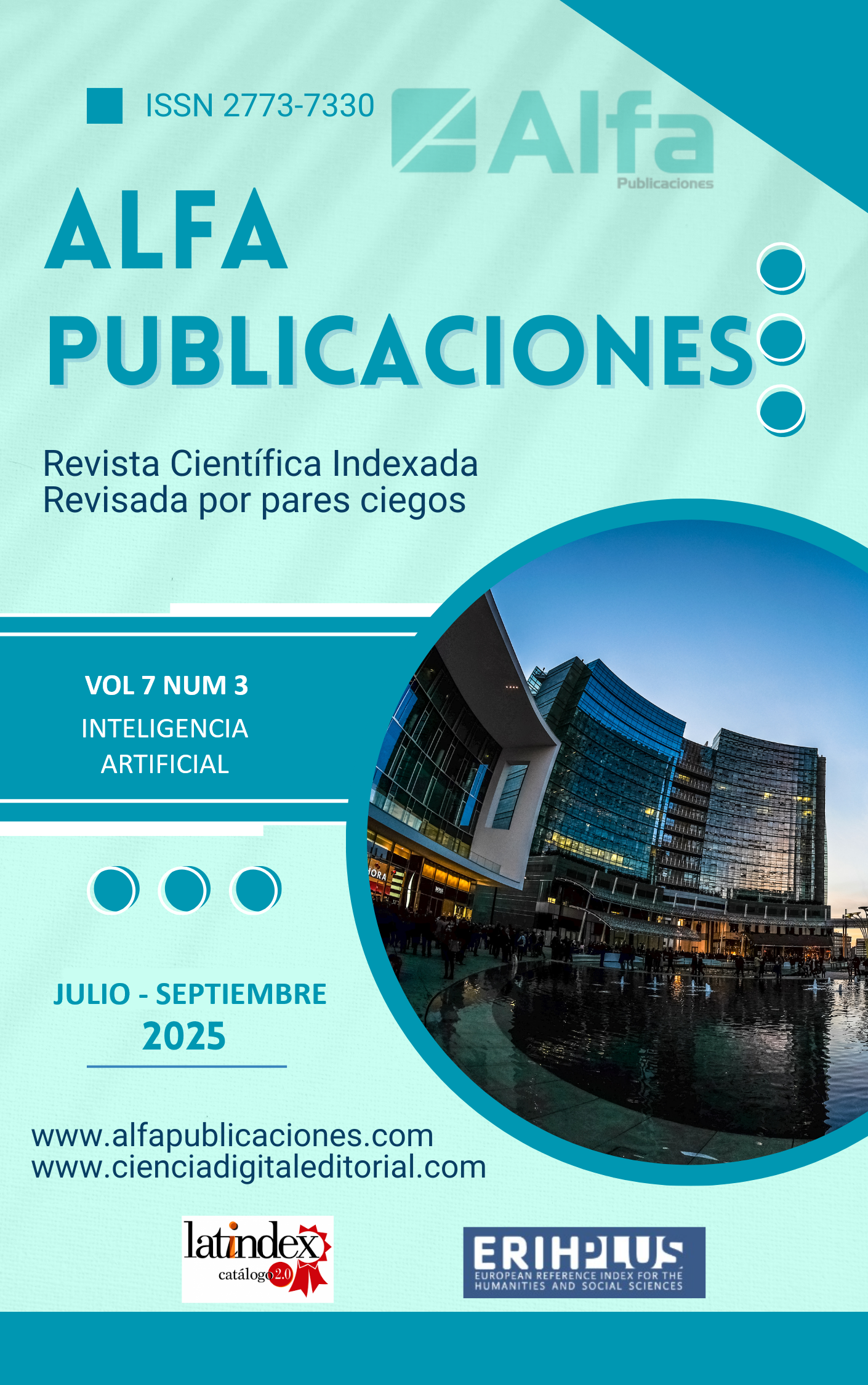The impact of Artificial Intelligence in virtual educational spaces. Entrepreneurs Case of the Province of Guanacaste, Costa Rica
Main Article Content
Abstract
Introduction: Managing skills and capabilities to face the business world with artificial intelligence (AI) has become a challenge that every entrepreneur must know and manage. This project was developed by the students of the last level of the administration degree at the National University of Costa Rica (UNA), Liberia Campus, where academic training activities were developed in the areas of marketing, finance and human resources with AI.
Objective: The objective of this research is to examine the impact of artificial intelligence (AI) in virtual educational spaces through the generation of knowledge focused on entrepreneurs in the province of Guanacaste, Costa Rica.
Methodology: The research method is based on a quantitative methodology, with an exploratory-descriptive design. 600 entrepreneurs participated in the study. The instrument used is the questionnaire validated with a Cronbach's Alpha of 0.86, the bibliographic review and the webinars as a means of interaction during the training with implementation of AI tools.
Results: The results show weaknesses in the entrepreneurial population that were improved from virtual learning spaces with AI focused on strengthening capabilities in the areas of marketing, human resources and finance, in addition to the legal constitution of a company, on the other hand. Although some entrepreneurs use social networks, they are not fully exploiting the benefits of technology with the use of AI.
Conclusion: It is concluded that the project generated a very satisfactory impact on the participants by obtaining new, varied and valuable knowledge in accordance with the current demands of the market and the possibility of this type of activities being replicated at a national and international level by other instances. favor of entrepreneurial people.
Downloads
Article Details
dssfdsf
dsfdsf

